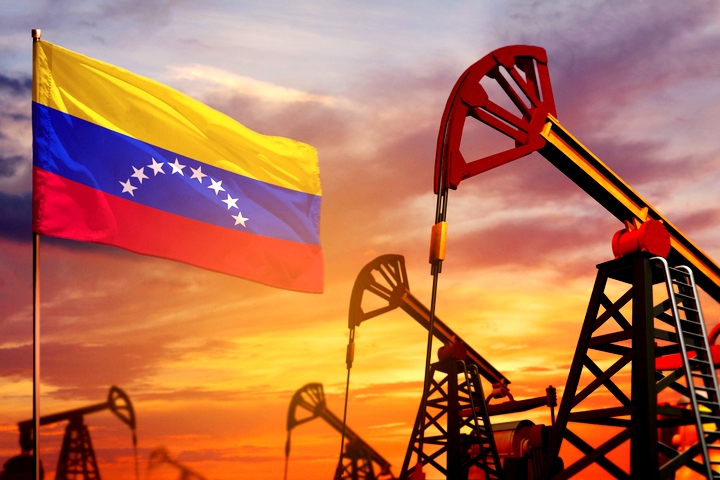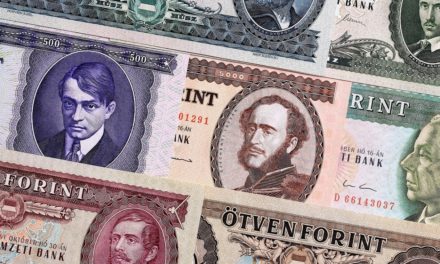The hole dug by the Brussels elite is getting deeper and deeper - read on 888.hu.
As is well known, between August 31 and September 2, Gazprom will stop natural gas transportation on the North Stream-1 pipeline due to maintenance. Again! According to Reuters, after the maintenance is completed, it will restart with a transport capacity of 33 million cubic meters per day. At the moment, however, the Russian company only transported 20 percent of the total capacity of 167 million cubic meters per day through the pipeline. The news agency reminded that the closure will cause further disruptions in Europe's gas supply.
In the meantime, let's not forget that at the beginning of June, the Council of the European Union adopted the sixth package of sanctions against Russia and Belarus, including an oil embargo, which places economic companies and individuals under punitive measures. Pursuant to this, the import of crude oil and certain petroleum products from Russia into the EU will be prohibited from January 1 , but a temporary exception is provided for crude oil arriving via pipeline to those EU member states that do not have other options due to their geographical location.
Of course, gas and oil may still be needed in Europe, which is why the people of Brussels are scrambling to find countries with which to do business. Nothing matters here anymore.
But no one has yet asked the question, do potential supply partners want to supply oil to the European Union?
In the case of Russian oil, the two sources originally proposed as alternatives were Iran and Venezuela.
Increasing Iran's oil and gas exports to the West is highly dependent on a preliminary nuclear deal, but as Goldman Sachs recently suggested, such a deal is unlikely to happen anytime soon as deadlines for the proposals have not been met. In addition, the Israeli government called on the delegations to leave the negotiating table.
Venezuela has restarted shipments to Europe after 2 years of US sanctions under a deal that allows oil to be sold in exchange for debt relief. But the country's government has now suspended those shipments , saying it is no longer interested in the debt-for-oil business and is instead seeking refined fuels from Italian and Spanish producers in exchange for crude oil. This may seem like a shot in the foot, but Venezuela's own refineries are struggling due to a lack of investment and repairs. Refined fuels would help them get back on their feet energetically and industrially.
The EU says it has no current plans to lift restrictions on the oil-for-oil debt deal, meaning Europe has now lost another source of energy…
Source: 888.hu
(Cover image: shutterstock.com )













